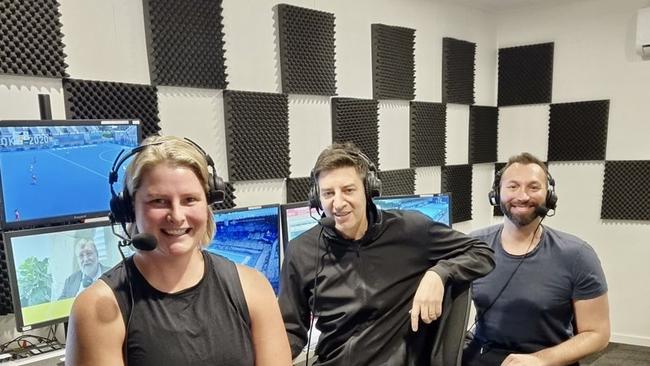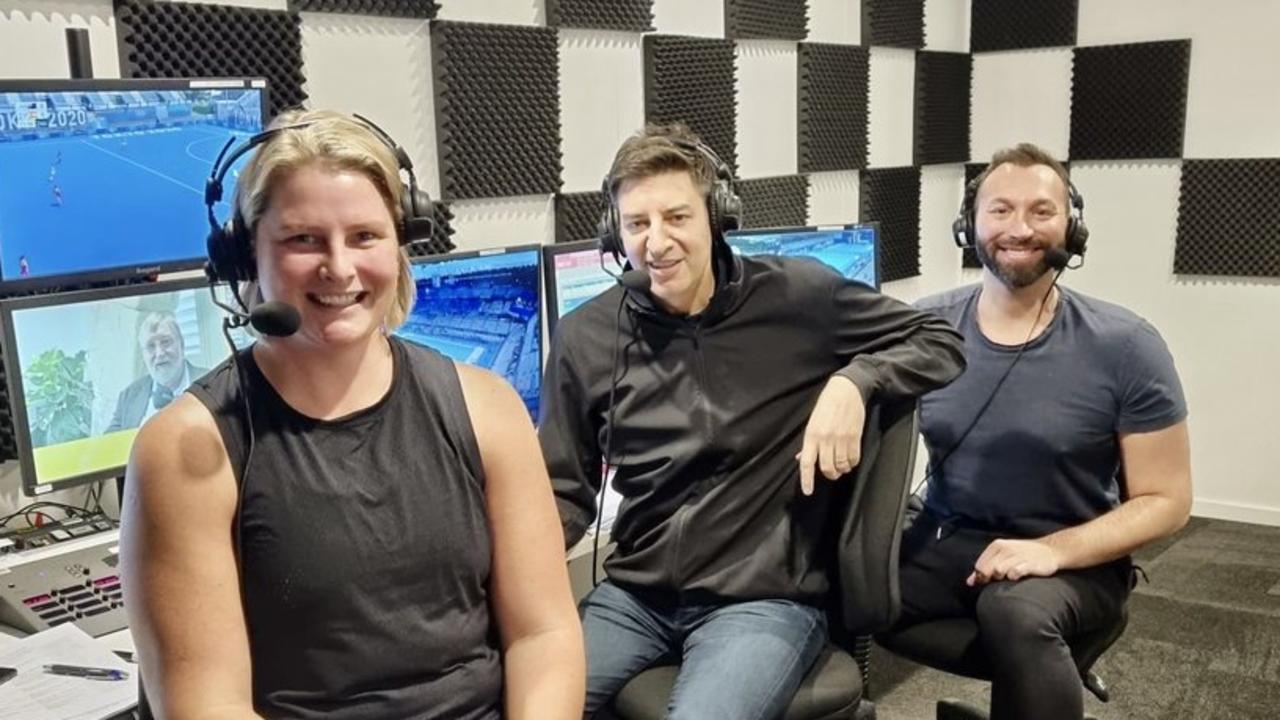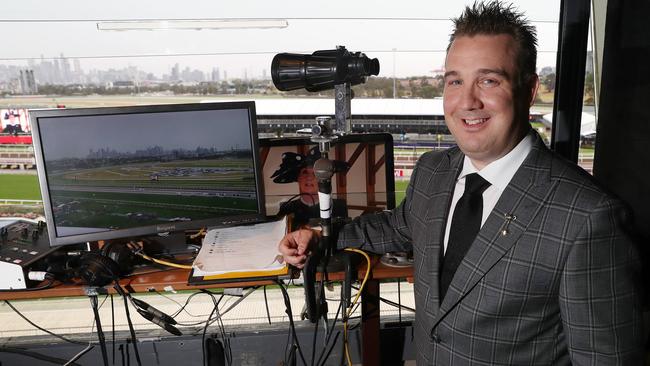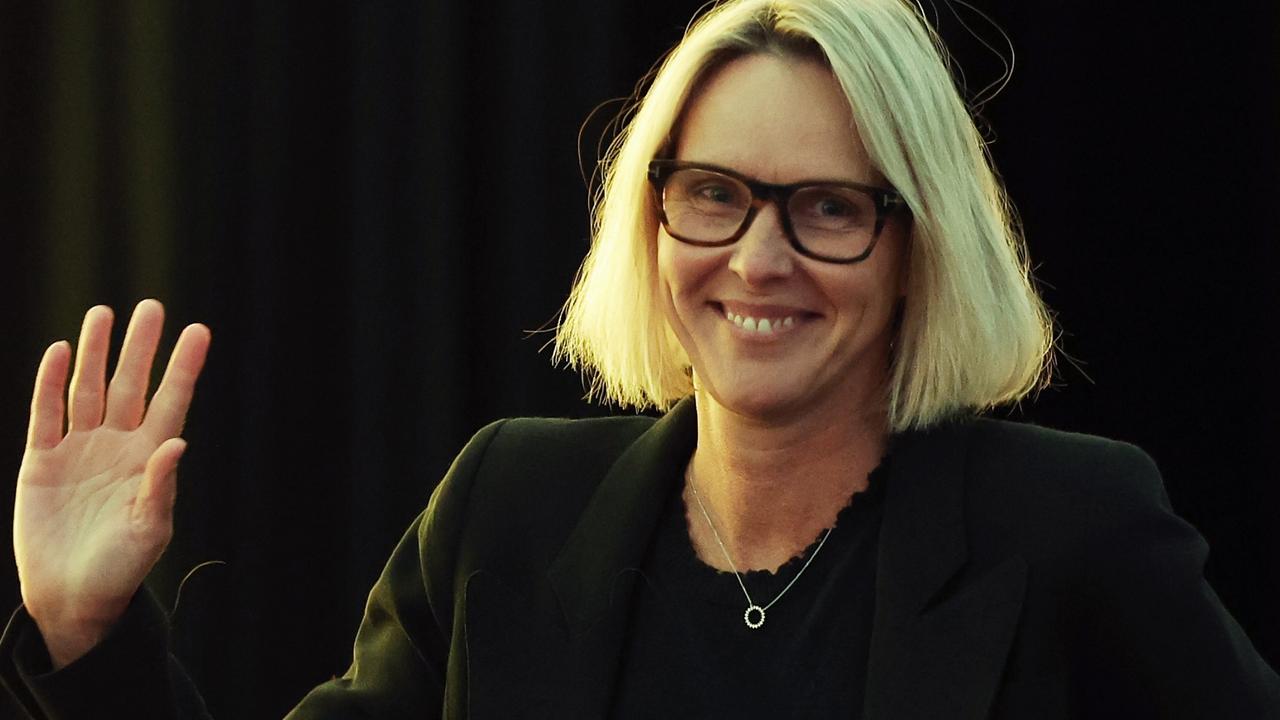Tokyo Olympics 2020: Channel 7 TV commentary rated, Ian Thorpe excels in swimming analysis
Bruce McAvaney will leave a gaping hole in TV commentary when he retires. But this year’s Olympics might have helped Channel 7 unearth his successor.

Olympics
Don't miss out on the headlines from Olympics. Followed categories will be added to My News.
He may be more “Whispering” Ted Lowe than Darrell Eastlake in terms of passionate delivery, but the technical quality of Ian Thorpe’s analysis has been a Channel 7 commentary highlight.
Thorpe, 38, can add an expert comments gold medal to the five he won for Australia in the Olympic pool, although the overall excellence of Seven’s coverage (with so much live sport) has seen him in exalted company, with Basil Zempilas nailing the key swimming moments.
They set the bar high on opening night when Bruce McAvaney and Hamish McLachlan overcame a lack of crowds and the tyranny of Covid distance to bring interest to what could have been an exercise in sterility.
Alister Nicholson, best known for his radio work with the ABC, has been a beauty at the hockey, which will lead to his name being touted as a full-time Channel 7 commentator when Bruce McAvaney retires.


Similarly racecaller Matt Hill has shown his versatility by taking to the rowing with accuracy and passion, likewise Dave Culbert in the number of pursuits he has turned his versatile hand to.
The downside? Far less than it was at Games in the 1990s and 2000s, when some bizarre choices were made.
There are still voices that make their way on to our sporting airwaves that could do with elocution in the best traditions on Professor Henry Higgins and Eliza Doolittle.
For instance, when did the word “HOUR” become “OW-WERE”, or “quickly” and “slowly” become “quick” and “slow”, or “time” become “tyme”?
Also, is there a need for co-hosts throughout the day, or reporters conducting after-race interviews who clearly have little feel for the sport they are covering.
Alternatively, Nathan Templeton at poolside has been a typically cheerful and well-versed interviewer.
More Coverage
Originally published as Tokyo Olympics 2020: Channel 7 TV commentary rated, Ian Thorpe excels in swimming analysis





